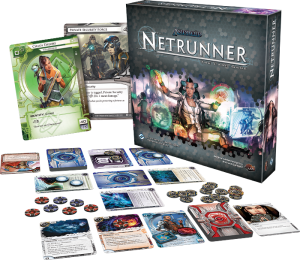A symmetric team is a type of team structure where the quantity or composition of all teams are effectively equal. The classic game of Chess is an example of this where both players not only have the same number of units, but the same composition and even start the game in a mirrored formation to one another. Most team-based sports are symmetrical. Teams that are uneven by nature are known as asymmetric teams.
Variations
Although most games feature two teams competing (aka one versus one), it is entirely possible for multiple symmetric teams to compete against one another in a team-based free-for-all style competition. Another alternative includes a hybrid of symmetric teams competing again asymmetric teams.
Benefits
Symmetric teams are the most common team structure in games due to their perceived inherit balance and fairness. Identical teams are also easier for game designers to work with when designing the rules of a game.
Consequences
For game designers, ensuring proper balance can be a challenge when supposed symmetrical teams are made up of units with horizontal differentiation or players of varying skillsets. Although symmetric teams may have the same number of units (or players), their individual abilities, strengths, and weaknesses may play a deciding factor in who wins. For this reason, the way in which teams are drafted is a critical element in game balance. This problem can be further exacerbated if dynamic teams are employed.
Secondly, although the teams may technically be symmetrical, other factors within the game may provide unintentional advantages to one team or another (such as starting positions, resources, information, asymmetric goals, and so on). Game designers should take care to consider all factors when utilizing symmetrical teams.
At times it may be thematically inappropriate to make teams symmetric. For example, in the card game Netrunner one player assumes the role of a “megacorp” corporation, while another player plays as a hacker trying to infiltrate the corporation’s servers. Due to the obvious size difference between a massive corporation and a single hacker, the game opts for an asymmetric composition between the players (e.g. the corporate player has massive power but the hacker can steal that power from their opponent).
When symmetry is mandatory, players who wished for a cooperative experience, or to play with (or avoid playing with) certain players may find themselves on an undesirable team. Examples include friends or family members who wanted to play on the same team but are instead forced to play on opposing sides for the sake of symmetry.

